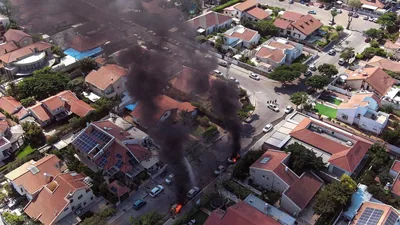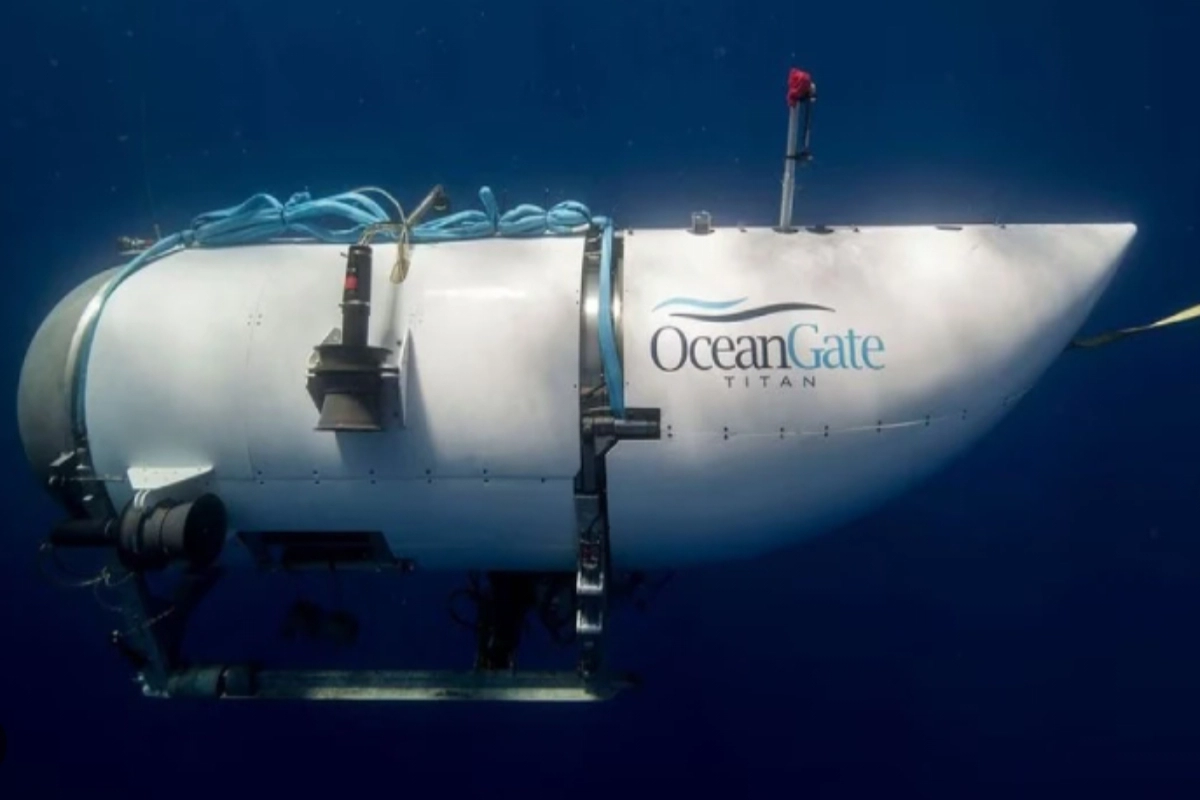Thermo Fisher Scientific Inc said on Monday its COVID-19 diagnostic tests can accurately detect the new coronavirus variant Omicron that has made several countries to shut their borders.
Thermo Fisher’s TaqPath COVID-19 assays can report accurate results even in the case where one of the gene targets is impacted by a mutation, the company said in a statement.
The World Health Organisation (WHO) last week classified the Omicron variant as a SARS-CoV-2 “variant of concern,” saying it may spread more quickly than other forms.
According to the global health body, the Omicron variant falls under the S gene. The S gene encodes the spike glycoprotein of SARS-CoV-2, the virus causing Covid-19, and is also targeted to specifically detect the presence of SARS-CoV-2.
“Most of the current ICMR approved RT-PCR kits being used in India target the E, Rd Rp and N genes. The mutations in the latest variant have occurred in the S gene. The common RT-PCR kits being used will be able to identify positive or negative, but will not be able to identify if the positive result is due to the mutation in the S gene,” Arjun Dang, CEO, Dr Dangs Lab, told IANS.
“As per the data, RT-PCR kits for S gene, especially the Taqpath kit from Thermofisher, will be able to screen the new variant,” said Veena Menon, Consultant, Clinical Virology, Amrita Hospital.
Also Read: Jack Dorsey steps down as Twitter CEO; Parag Agrawal is successor
“The Thermo Fisher test allowed us to detect cases that may contain the new variant by identifying samples exhibiting S-gene dropout,” said Tulio de Oliveira, director of the Centre for Epidemic Response and Innovation (CERI), Stellenbosch University and UKZN, South Africa. “This early identification is very important in helping us track and understand the spread of the B.1.1.529 variant to South Africa and the world.”
In addition to the original TaqPath COVID-19 tests, Thermo Fisher has developed the TaqPath COVID-19 2.0 tests with an advanced assay design to compensate for emerging mutations. The TaqPath COVID-19 2.0 assays detect the presence of SARS-CoV-2 by utilizing eight gene targets across the orf1a/b and N regions of the virus. These assays were also assessed against sequences in the GISAID public database and confirmed in silico to detect all B.1.1.529 mutations with no loss in sensitivity.
Omicron, which was first detected in Southern Africa, has now been confirmed in Australia, Belgium, Botswana, Britain, Denmark, Germany, Hong Kong, Israel, Italy, the Netherlands, France, South Africa, and the United States’ neighbor to the north, Canada.
(With inputs from agencies)











